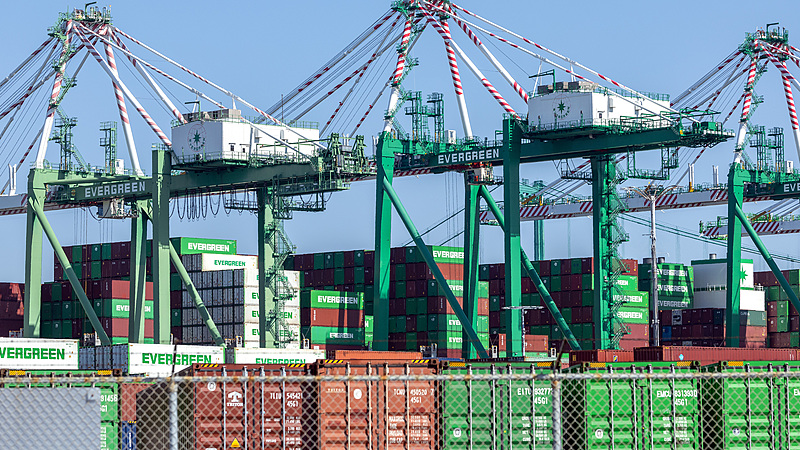Global trade watchers woke up to fresh turbulence this week as Thailand hit the brakes on crucial tariff negotiations with the United States, while Japan signaled it won\u0002t cave to Washington\u0002s latest demands. These moves could reshape the landscape for multi-billion-dollar export flows and set the tone for trade dynamics among major economies.
Thailand Pauses Talks
Originally slated for April 23, discussions on steep U.S. tariffs were postponed after Washington asked Bangkok to review key issues. Thai Prime Minister Paetongtarn Shinawatra explained that her administration is conducting an in-depth review of agricultural interests, import mixes and overall tariff structures.
- U.S. is Thailand\u0002s top export market: 18.3% of shipments, worth nearly $55 billion in 2023.
- Potential U.S. tariff: 36% on Thai goods if no deal is reached before the July moratorium expires.
- Rice exports dipped 30% in Q1, threatening this year\u0002s 7.5 million metric tonne goal.
"We\u0002re consulting academics and all parties," Shinawatra said. "Our aim is mutual benefit and protecting agricultural interests as much as possible." Thailand\u0002s finance chief, Pichai Chunhavajira, confirmed that working-level talks continue even as he delays his own trip to Washington.
Japan Stands Its Ground
Meanwhile, in Tokyo, Prime Minister Shigeru Ishiba bluntly told parliament that Japan cannot concede every point in trade talks or it would sacrifice its national interests. Tokyo insists it will not scrap the 2019 bilateral deal that eased farm and machinery duties, but it will keep voicing "grave concern" about conflicting U.S. auto tariffs.
- 2019 deal: cut tariffs on U.S. farm goods and Japanese industrial products.
- New U.S. auto tariffs: 25% across the board, including Japanese imports.
- Currency spotlight: the dollar fell to a seven-month low of 140.615 yen amid speculation of U.S. pressure on exchange rates.
Top trade negotiator Ryosei Akazawa and Finance Minister Katsunobu Kato are heading to Washington this week, where talks will span non-tariff barriers to currency policy. With the U.S. deficit in goods at $45.6 billion for Thailand and a paused 24% levy on most Japanese exports, the coming rounds could redefine how two key Asia-Pacific partners manage their trade ties with the world\u0002s largest economy.
What\u0002s Next for Global Trade?
As both Bangkok and Tokyo press pause on unilateral concessions, global entrepreneurs, investors and policymakers will be watching closely. The stakes are high for supply chains, tech sectors and food markets across the G20 and beyond. Will working-level diplomacy bridge these gaps, or are we headed into a broader era of tariff brinkmanship?
For young global citizens and business innovators, these negotiations underscore a vital lesson: trade isn\u0002t just about numbers on a balance sheet. It\u0002s about protecting livelihoods, securing strategic industries and shaping the rules that govern tomorrow\u0002s interconnected world.
Reference(s):
Thailand delays tariff negotiations with U.S. as Japan won't concede
cgtn.com




